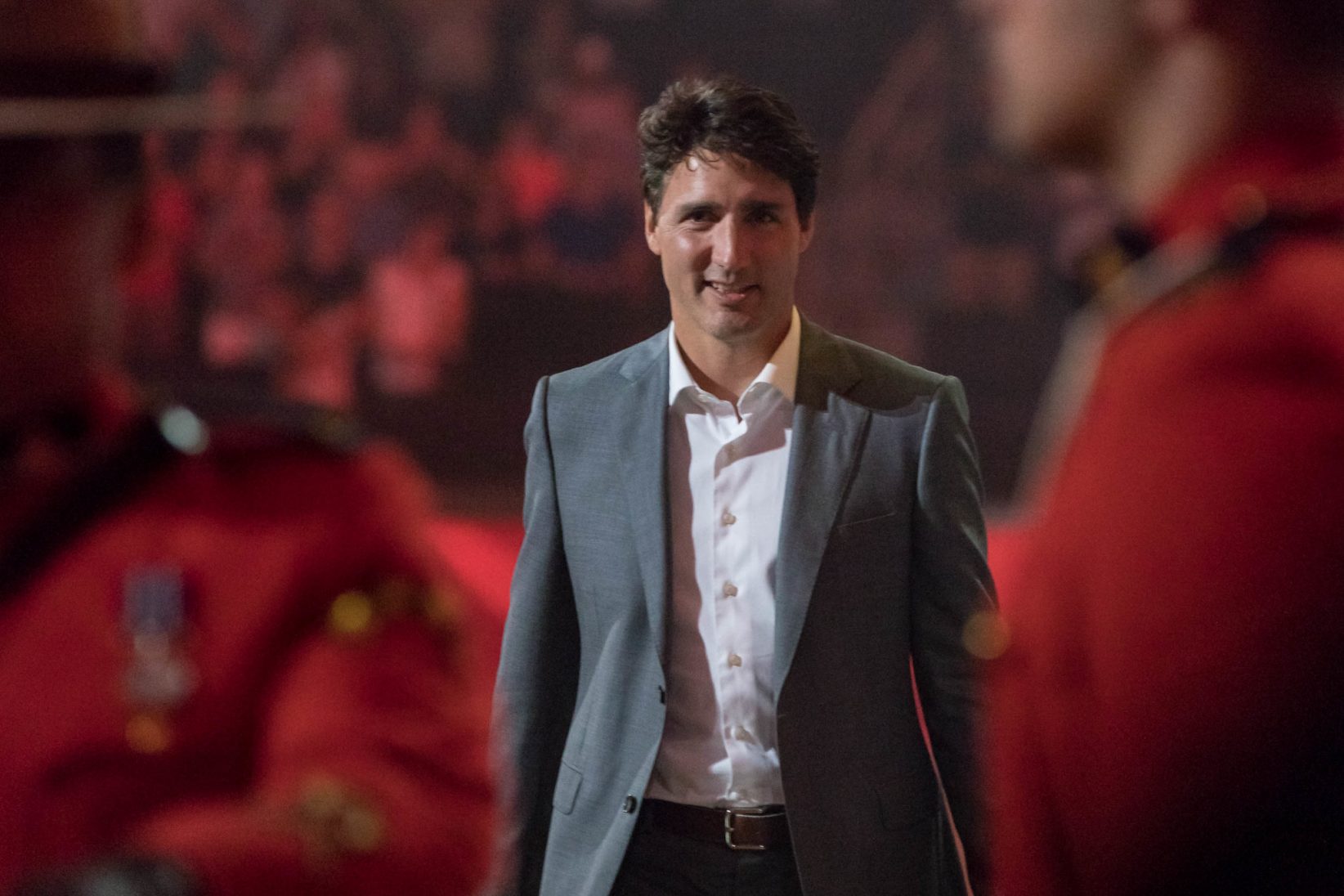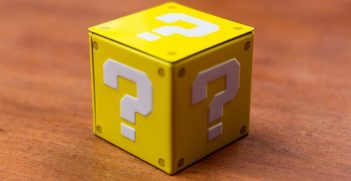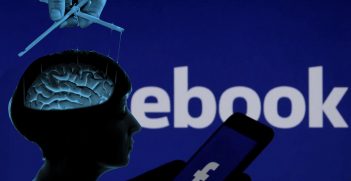A Second Chance

Despite losses in the Canadian general election, Trudeau’s Liberal Party wins a minority government. However, they now face criticism on environmental issues and rising discontent in Québec.
On 21 October 2019, Canadians voted in a general election for a minority Liberal government to be led by Justin Trudeau. Despite losing the popular vote by 1.3 percent to his chief rival Conservative Party (CPC), incurring losses in the Atlantic provinces and the French speaking Province of Québec, Trudeau’s Liberals obtained a modest majority of seats (157 out of 338). This technically enables him to cobble together a minority government. There remains a shortfall of approximately 12 seats that the Liberals will have to plug if they hope to pass any legislation through parliament. Conservative Party support was at its peak in Western Canada in the provinces of Manitoba, Saskatchewan and Alberta. The socialist New Democratic Party (NDP) suffered huge losses in Québec at the hands of the nationalist Bloc Québécois (BQ) but retained the balance of power. The Greens did not make significant gains despite recent provincial political successes.
In order to govern effectively, Trudeau’s Liberals will have to convince an unruly combination of NDP, Green and BQ MPs. There will be no party coalition; rather, opposition support will depend on the specific issue being debated at the time. For example, the rump of Québec BQ sovereigntists (32 seats) will only support bills favourable for the province of Québec and its National Assembly. The Greens and the NDP will have different policy triggers to implement on a variety of public issues such as the environment.
The Campaign
Trudeau’s political campaign was inauspicious since the beginning. In the run up to the election, Prime Minister Trudeau had to manage several serious scandals within his administration. One scandal involved Trudeau improperly interfering in an ongoing criminal matter concerning Québec-based infrastructure company, SNC Lavalin. As a result, two female Ministers, including the Liberal Minister of Justice, left the Cabinet over a lack of transparency. Trudeau also had to answer for his errors of youth, like several instances of dressing up in blackface. CPC leader Andrew Sheer was also criticised for his meandering and cagey replies on issues related to abortion rights and the fact that he is a dual national holding American citizenship. The debates in English and French were won by Yves-François Blanchet, leader of the BQ, while Trudeau and Sheer performed like two maddened roosters engaged in a cockfight. This also indicated how the two major political parties gave little thought to policies on women and their promotion.
The Major Issues
The main issues discussed during the debates and on the stump were on environment and energy policy and the secularisation bill passed by the Québec National Assembly. Foreign policy, indigenous issues, health and childcare were given secondary consideration. The economy was not a primary issue either, despite the Liberal’s broken promise to reduce the deficit.
On the environment, Trudeau’s Liberals were pounded by the left leaning Greens and NPD for their support of the Trans-Mountain pipeline, which was bought by the government to send oil from Alberta to the British Columbia coast. Apart from producing more greenhouse gases and ruining Canada’s chances of attaining its Paris targets, the coastal Province of BC (managed by a coalition of Greens and NDP socialists) and many of its Aboriginal communities are opposed to the project given the possibility of an oil spill. The Conservatives in the West attacked the Liberal Party’s inability to push for social acceptance of the pipeline and forge through the Trans-Mountain project. Purchasing the multi-billion dollar pipeline did nothing to alleviate their fears of a recession in Alberta due to cutbacks in oil production.
The secularisation bill, otherwise known as Bill 21, originated from Québec and was designed to limit displaying religious signage by those in positions of authority (police, teachers, judges). Trudeau threatened to challenge the bill in the courts, alleging that it hinders the exercise of constitutional rights to religious freedom. The Bloc Québécois immediately called it an invasion of provincial jurisdiction and a slight against the French nation in Québec. Criticism from the English-Canadian media transformed the issue into a public outcry, despite polls showing English Canadians divided on the religious components of the bill. This criticism from English-Canadian media was seen as anti-French in Québec. The francophone majority in Québec quickly began to embrace the Bloc and its Québec-first philosophy. All three federalist parties were negatively impacted and lost support, especially amongst the French speaking majority.
Consequences of the October Vote
Trudeau has been given a second chance after having wasted a four-year majority government with few positive results. However, this “gift” has been granted by the Canadian electorates under vastly different conditions – a minority parliament, significant regional tensions and environmental expectations to reduce greenhouse gases. Western Canada has other often contradictory expectations like attempting to get oil to tidewater and on to lucrative foreign markets. Justin Trudeau will require much more ability and talent to manage the new situation.
Justin Trudeau was not alone in losing the 21 October election. The NDP were decimated and are now in fourth place. The Conservative Party was unable to overturn the Liberal Party despite the various scandals that have rocked the Trudeau government. The Greens did not make their highly-anticipated breakthrough. Only the French nationalist and separatist Bloc Québécois can claim a victory, more than tripling its seat count and putting themselves in third place. They can no longer be overlooked in any decisions made by Trudeau’s minority government.
Amidst all of these federalist party losses, the country is more divided than ever with rising nationalism in Québec and western alienation.
Dr Bruce Mabley is the director of the Mackenzie-Papineau Group think tank based in Montreal devoted to analysis of international politics. Dr Mabley is a former Canadian diplomat and academic who has written a number of analytical and academic texts. In 2002, he was decorated by the French Republic as Chevalier des Palmes académiques.
This article is published under a Creative Commons Licence and may be republished with attribution.





